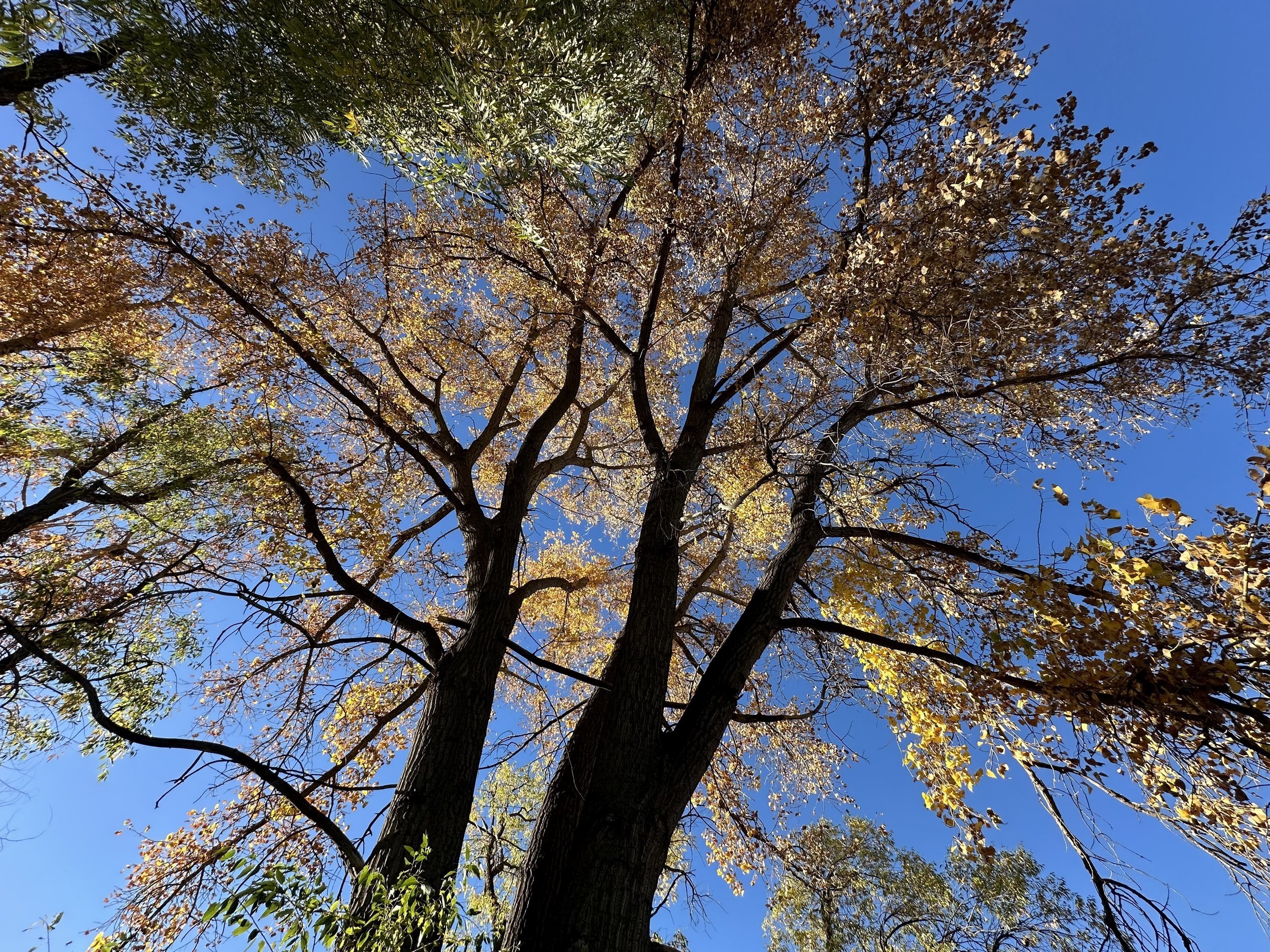
Why
In our youth, we are highly impressionable. The experiences we have can stick with us for the rest of our lives. Fun, active engagement with nature in this stage of life will hopefully both benefit mental health and lead to a life-long love of the environment. Childhood is often considered a pivotal time in the formation of ecological identity and a positive relationship with nature [1]. Children are searching to find their place in the world, and the natural world can welcome them with open arms. Besides giving youth a sense of identity, spending time in nature has other upsides. Benefits associated with a strong connection to nature include: pro-social behavior, creative thinking, and subjective well-being [2]. People think better, feel better, and act better when they have an emotional tie to the outdoors. Role models are a key aspect to the Time spent in nature observing a trusted mentor engaging in pro-environmental behaviors increases the likelihood of these behaviors being replicated by the youth [3]. For these reasons and more, Better Outside is committed to providing scholarships for youth to connect with nature and celebrating leaders in the community who share this passion.
[1] Chawla, Louise. "Childhood nature connection and constructive hope: A review of research on connecting with nature and coping with environmental loss." People and Nature 2.3 (2020): 619-642.
[2] Barrable, Alexia, and David Booth. "Nature connection in early childhood: A quantitative cross-sectional study." Sustainability 12.1 (2020): 375.
[3] Cialdini, Robert B., and Melanie R. Trost. "Social influence: Social norms, conformity and compliance." (1998).